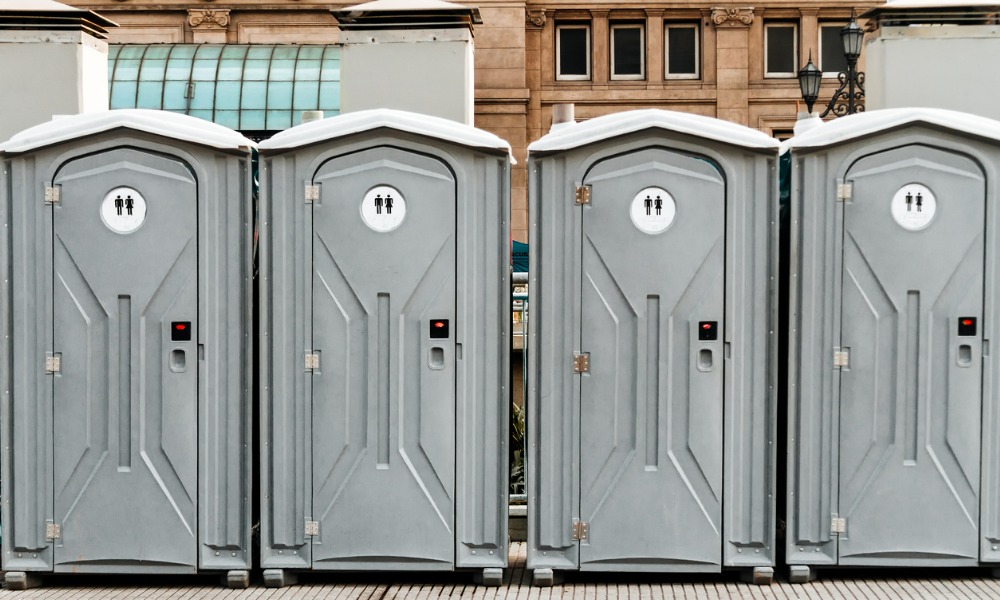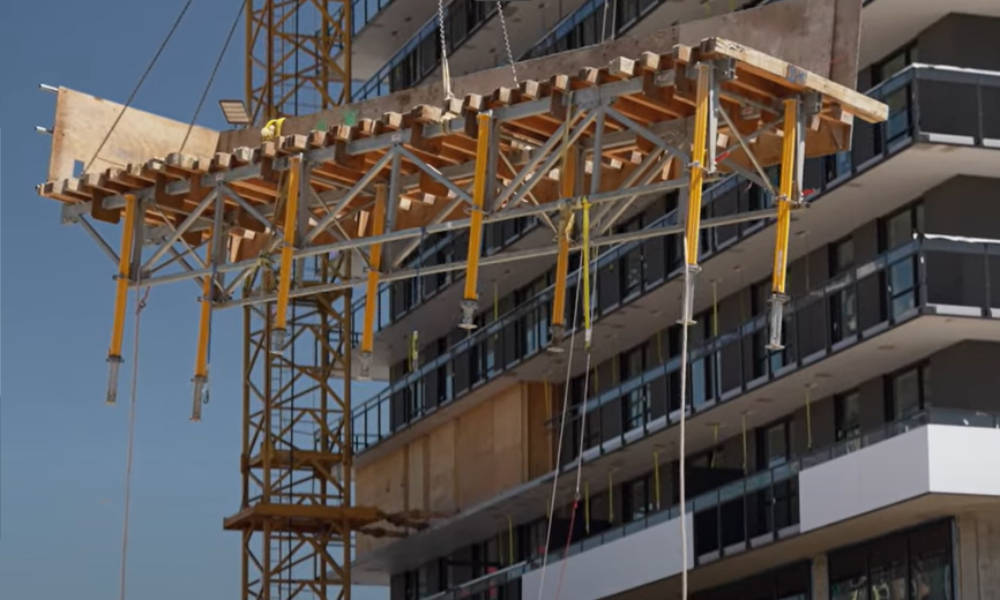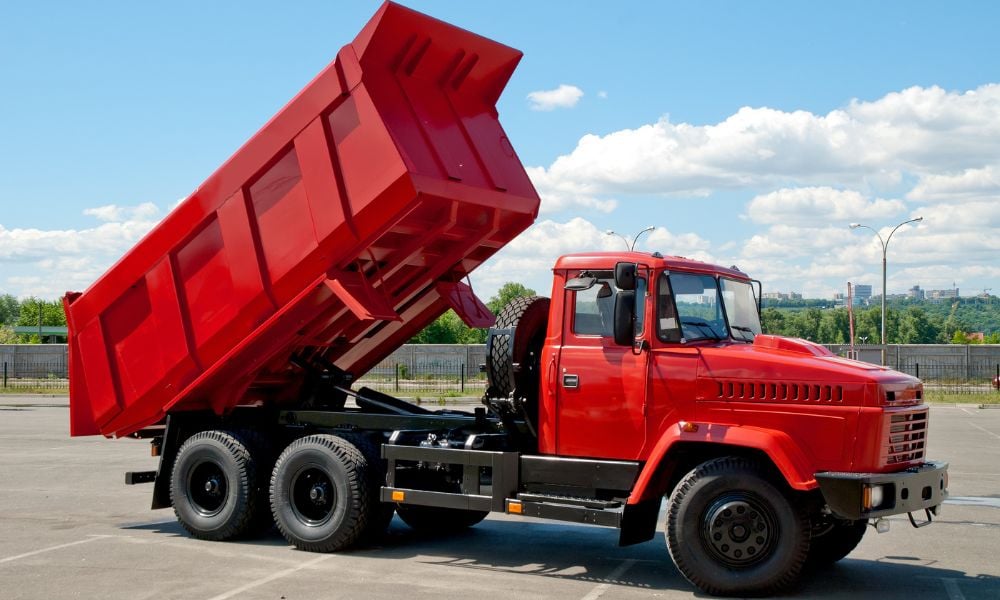Regulatory amendments also include requirements for properly fitting PPE

Women working in Ontario’s construction industry will soon have women’s-only washrooms available to them on jobsites. It will also become a requirement to provide women with properly fitting equipment such as uniforms, boots, and safety harnesses.
Read more: What are the best safety harnesses for construction work?
The changes announced today by the province are regulatory amendments to the Construction Projects Regulation under the Occupational Health and Safety Act and, if approved, would take effect this Canada Day.
In addition to guaranteeing women have access to at least one women’s-only washroom on jobsites, the amendments would explicitly require PPE and clothing be properly fitted to women and workers with diverse body types.
“Access to a washroom is a basic human dignity and something every worker should have the right to,” says Monte McNaughton, Minister of Labour, Immigration, Training and Skills Development. “Careers in construction offer six-figure salaries with pensions and benefits, and it is an injustice only 10 per cent of them are filled by women.”
The changes follow a bathroom-blitz that began in early 2022 and led to more than 2,000 orders being issued to employers. It also included a social media campaign in which McNaughton encouraged construction workers to share their “Bathroom Horror Stories”.
Under the proposed changes, all portable bathrooms will need to be private and completely enclosed, while also having adequate lighting and hand sanitizer, if running water is not reasonably possible. It will also double the number of toilets on most jobsites.
“Workplaces that are safer and more equitable help increase women’s participation in the workforce,” says Charmaine Williams, Associate Minister of Women’s Social and Economic Opportunity.
Women working in the construction industry welcome the developments. "Ensuring women have access to tools to reach their full potential in the construction industry will strengthen retention, eliminate barriers, attract talent and empower a stronger sense of belonging on-site,” says Victoria Mancinelli, director of public relations, marketing, and strategic partnerships with LiUNA.
Amina Dibe is the manager of government and stakeholder relations with RESCON. She says with more than 100,000 workers needed by 2030, women must feel welcomed in the construction industry. “Properly fitted PPE and access to a private and clean washroom are best practices that are key to making women feel included on job sites."
Government and industry have set a target to increase women in the trades from 4.5 percent to 15 percent by 2030.





